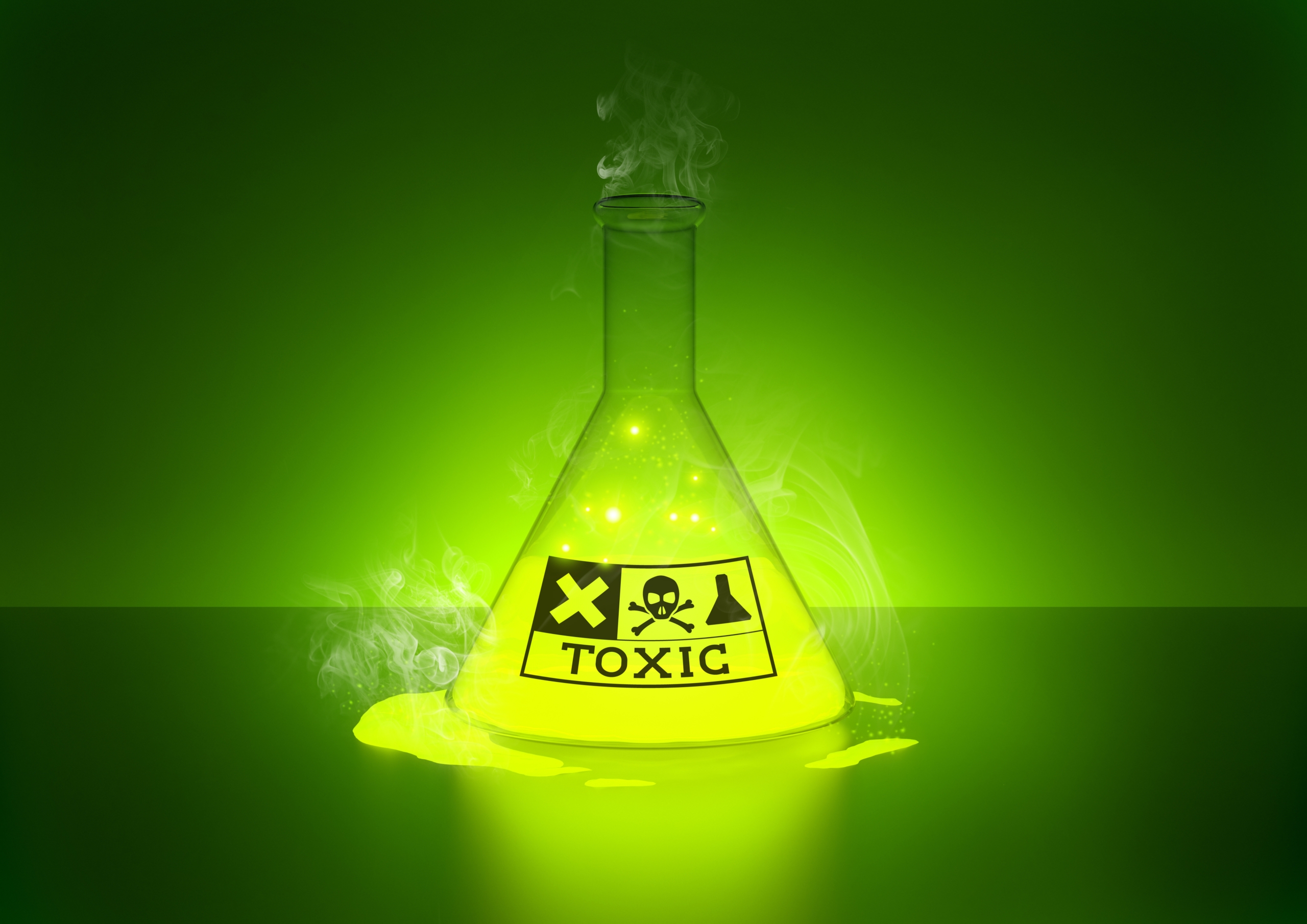Reasons to Start Searching for Acetone Alternatives
Acetone (a.k.a., propanone) is an organic compound that is a colorless, volatile, flammable liquid. Acetone was first formulated in the Middle Ages. Since then, it has gone on to be used in a variety of industrial and residential applications. There was a time when it seemed like almost every maintenance department and handyman’s garage contained a drum of acetone.
However, cetone, although still quite popular among businesses and consumers as a general cleaner, has fallen out of favor with many users due to the reasons below. If you use acetone, these are reasons to start searching for acetone alternatives that exhibit a better safety profile.
Negative Health Effects
According to healthline.com, “Acetone poisoning can occur when there’s an abnormally high amount of ketones [in the body]. This is a condition known as “ketoacidosis.” Metabolic diseases, such as type 1 and type 2 diabetes, can result in ketoacidosis if glucose levels aren’t properly managed.” Signs and symptoms of diabetic ketoacidosis include: nausea and vomiting,
Abdominal pain, weakness or fatigue, shortness of breath, and marked confusion.
Highly Flammable Formulation
Acetone has a low flashpoint of ?20 °C (?4 °F). This means that the cleaner should be used in environments that few if any ignition sources, and it should be stored in an environment where sparks, flames and unexpected arc flashes are absent or strategically prevented from contacting containers of acetone. Damage from a fire that acetone causes in a facility can be corrected. The same isn’t always true for workers who receive serious burns from the volatile compound.
State Reporting Requirements
The Environmental Protection Agency (EPA) doesn’t consider acetone to be a hazardous air pollutant (HAP). There’s no guarantee it won’t happen in the future. But, for now, there’s not an unavoidable legal reason to phase out the popular cleaner. However, certain states, such as Ohio, have reporting requirements for the use of acetone. Be sure to read your state’s literature on the use of acetone, especially before you deploy it in large quantities.
Federal Reporting Requirements
The compound is not considered a carcinogen by the National Toxicology Program (NTP), but other organizations have established reporting requirements for cetone use, including: the Occupational Safety and Health Administration (OSHA), and the National Fire Protection Association (NFPA). For some companies and organizations, the bothersome reporting requirements are motivation enough to start searching for acetone alternatives.
Searching for Acetone Alternatives?
If so, Ecolink has a wide range of cleaning solutions that deliver the same efficacy as acetone but lack some of the compound’s most undesirable qualities, such as a low flashpoint, potential to cause health problems due to exposure, and few, if any, regulated reporting requirements.
To get started on evaluating drop-in acetone alternatives, give us a call today at (800) 563-1305, or use our contact form. We look forward to providing you with an environmentally preferred cleaner in the form of a stock solvent or a custom formulation that’s tailored to your cleaning operations. Visit us today to find out more!














